Music and mental wellbeing
There is strong and growing evidence that music can play an important role in our health and wellbeing. Music is universal and has been a fundamental part of all the world’s cultures since the beginning of time. We all instinctively know that music is strongly linked to how we feel and our sense of who we are. It can lift us when we’re down, calm us when we’re fraught and motivate us to get things done. It helps us mark important moments in our life and build lasting memories.
And in the hands of a trained music therapist, music can be an even more powerful tool. It can help someone communicate, especially when they struggle with language. It can help them to build social connections and break down barriers. And it can help them find ways to be creative, express their identity and find their voice.
Music therapy can benefit us all. It doesn’t discriminate against sex, race or religion and in the act of music-making people can come together and bridge age, disability and class in a safe place where they don’t feel judged.
how we can help
Our specially trained music therapists can provide a much-needed creative outlet and a supportive network for adults living with a mental health problem. We offer community-based music-making sessions as well as wellbeing support through the NHS.
Mind Our Music Group Sessions
Our Mind Our Music groups are led by those taking part, supported by our trained staff. People can make music within the group or simply listen, talk and share. The main focus is on improvising and song-writing and we provide a wide range of instruments to make new music with. But don’t worry, you don’t need to be a virtuoso to join in, we welcome all levels from non-musicians to accomplished performers.
Where do mind Our Music groups take place?
Bedford
Luton
Welwyn Garden City
Access Mind Our Music group sessions by completing the referral form below:
“I was finding it very hard to speak or initiate conversation and I began finding my voice again and being able to not only talk but sing, rap, and process some of the hardships and trauma while in hospital”

